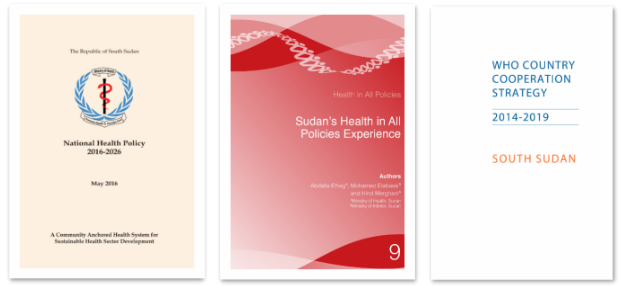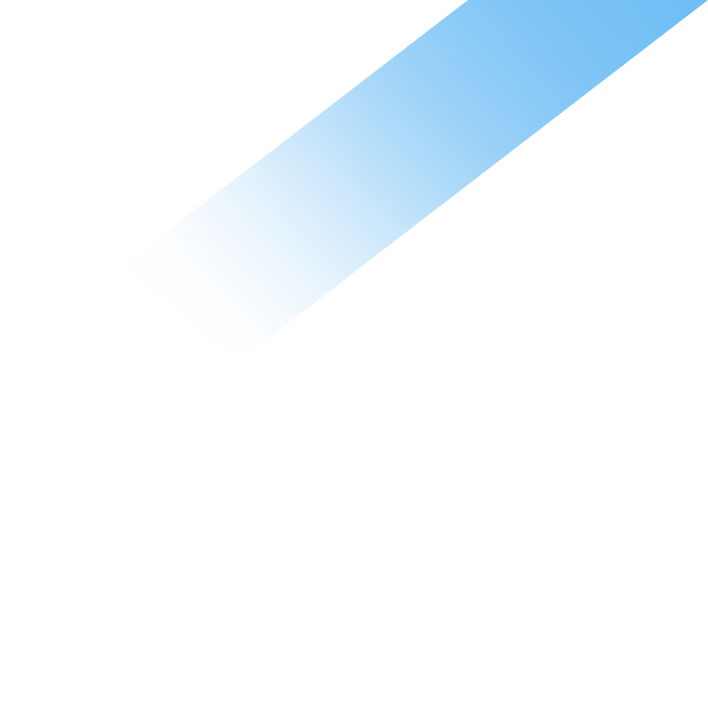China has been sending medical teams in aid of Africa since 1963. The Belt and Road Initiative attached greater importance to the health care cooperation between China and Africa. Against this background, a student team at Wuhan University launched a promising program offering translation of medical documents, interviewing medical team members, website design for translated documents, and the promotion of Chinese traditional medical treatment.

The latest medical team to Algeria
The team leader, Guo Langqing, a graduate student majoring in German, played a key role in the initiation and operation of the program. She said that the program took shape in the 7th “Internet+” Innovation and Enterprise Competition, during which her team designed a WeChat official account to help foreign staff surmount language barriers when seeing a doctor in China.

The founding team during the 7th “Internet+” Competition

The WeChat account established by the team
After the competition, Guo and her fellows’ target switched from assisting foreign workers in China to doing translation work for Chinese medical teams in Africa, following a conversation with a former volunteer in the medical team, Ren Bo. He is studying for his doctorate in French at WHU. During his years in Africa, he found that Chinese medical teams are not familiar with the target countries' or regions’ policies on healthcare. The members decided to tackle this urgent problem and translate the required documents for the medical team.

Ren among the 27th medical team for Algeria
By now, the team has made a huge step forward by finishing the translation of all the medical documents of Algeria, the pairing country of the Wuhan medical team in Africa, and other countries. The work consists of all relevant documents in French and English, which enables Chinese medical team members to have a comprehensive knowledge of the medical cooperation with Algeria and other countries.

The original English edition of documents to be translated
However, this is not enough. Their blueprint is to create a website including all the translations of medical documents related to the pairing countries of Chinese medical teams in Africa. This large program is aimed at providing necessary details on specific medical policies of more African countries.

The homepage of the website

A translation sample on the website
Guo’s teammates do have a big ambition, but difficulties arise as their careers develop. The greatest struggle is the contact with the government. The cooperation with the provincial Health Commissions (HCs) has long been a critical consideration of the program. On the one hand, the program lacks sources of funds and the HCs are ideal investors. On the other hand, medical teams in Africa are under the supervision of the HCs, so cooperating with the HCs can improve the authority of the program and facilitate its promotion.
Therefore, the team has tried many ways to get in touch with the official staff of Shanxi HC. Thanks to the help of the tutor and WHU, they finally made it. Guo acted as liaison with the director there and helped arrange online interviews of medical teams. During the interviews with the members of the Chinese medical team, she was deeply touched by their experiences, so she decided to spread their stories and spirit, and expand their program from translation to other fields.

The team’s online interview with Doctor Yang (Guo at the top-right corner)

The optimistic doctors and nurses of the medical team (most are female)
Li Hongling, one of the interviewees, is an excellent doctor in gynaecology and obstetrics. Though her son was very young at the time, she still volunteered to go to Africa twice. Living away from her family for several years was not the hardest thing. The tough environment and longtime work were even more challenging. Li and her colleagues had to work for 12 straight hours a day without having a day off. They were either in the hospital or on their way there. They rarely ate regularly because of the frequent calls and long surgeries. She once conducted four operations in one day. After knowing their stories, Guo’s team aimed to introduce people to the tough environment and the respected doctors there.

Doctor Guan Yun delivering and taking care of the newborn babies
As Guo’s plan intended, the next step is about the translation and promotion of traditional Chinese medicine. Doctor Zheng Xi, one of the interviewees, told the team members that she had seen strong evidence that traditional Chinese therapy works surprisingly well in Africa, such as acupuncture, moxibustion, cupping,and scented sachets. It is convenient, persuasive,and effective. Nonetheless, the Chinese medical terms are extremely difficult to explain in another language, hinderingChinese medicine from being widely used in clinical treatment.

Zheng Xi using acupuncture
From an idea to a vibrant program on the way up, Guo’s team has overcome many setbacks and met lots of admirable people. The team has continuously grown, absorbing talents in computing, journalism and languages.
Recalling the ups and downs all along the way, Guo appreciates the team members most. Her companions trust each other, play their parts, and share tears and happiness. The technology group worked overtime during the holidays for the new website. The planning group organized plenty of meetings until everyone was fed up with each other’s faces. The translation group delved deeply into the official documents. Guo cultivated a well-ordered team with effective execution.

The vibrant team members
This signature program at WHU, developed as part of the students’ efforts to embrace the Belt & Road Initiative, is the first translation project of a student group focusing on medical aid in Africa. It is a great start, providing access to a more effective and pleasant language environment for the international staff.
Photo by Zheng Liangyou, Guan Yun, Wu Changli, Zheng Xi, Guo Langqing
Edited by Li Hefeng, Qin Zehao, Tu Hua, Zhang Yilin, Sylvia, Xi Bingqing


